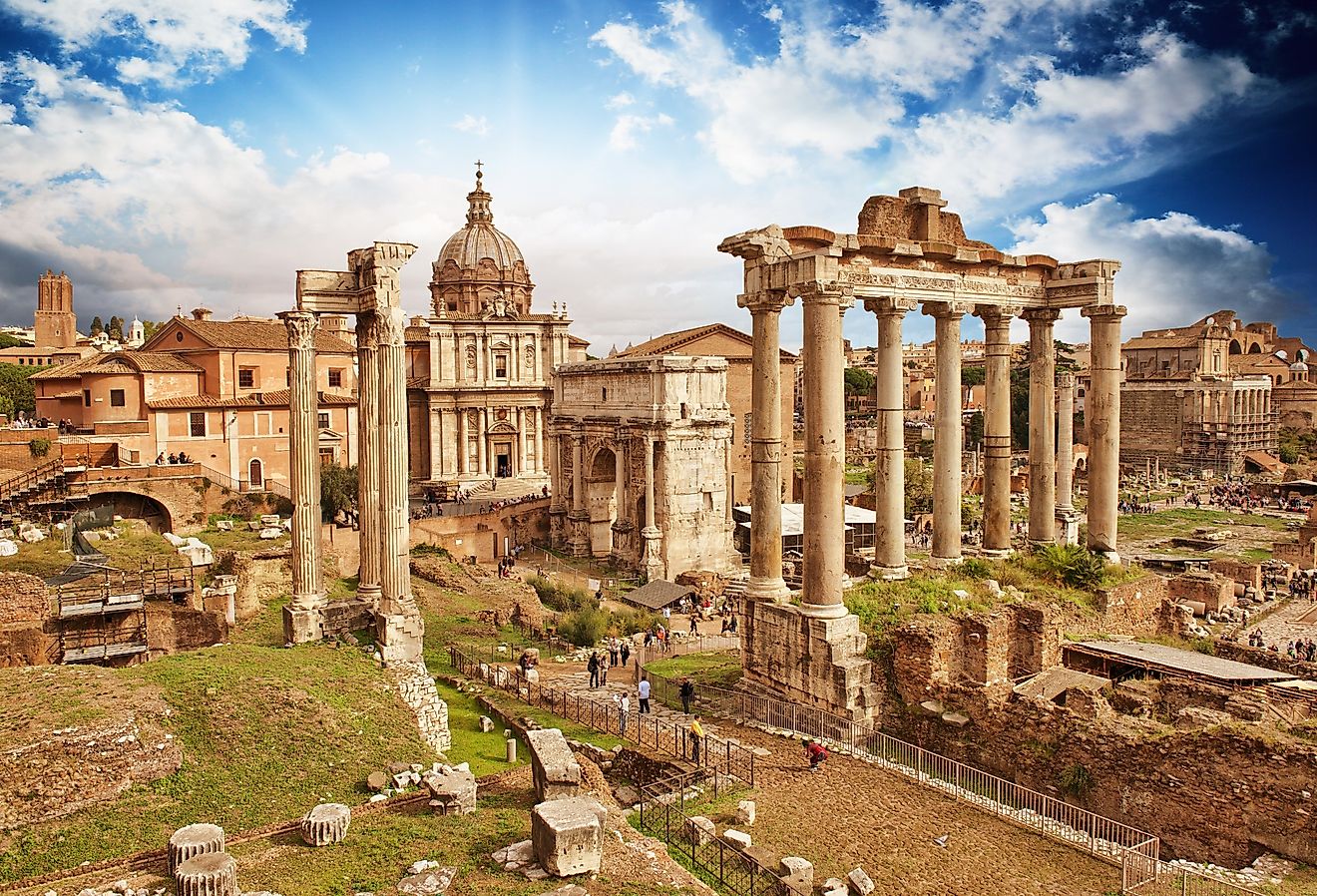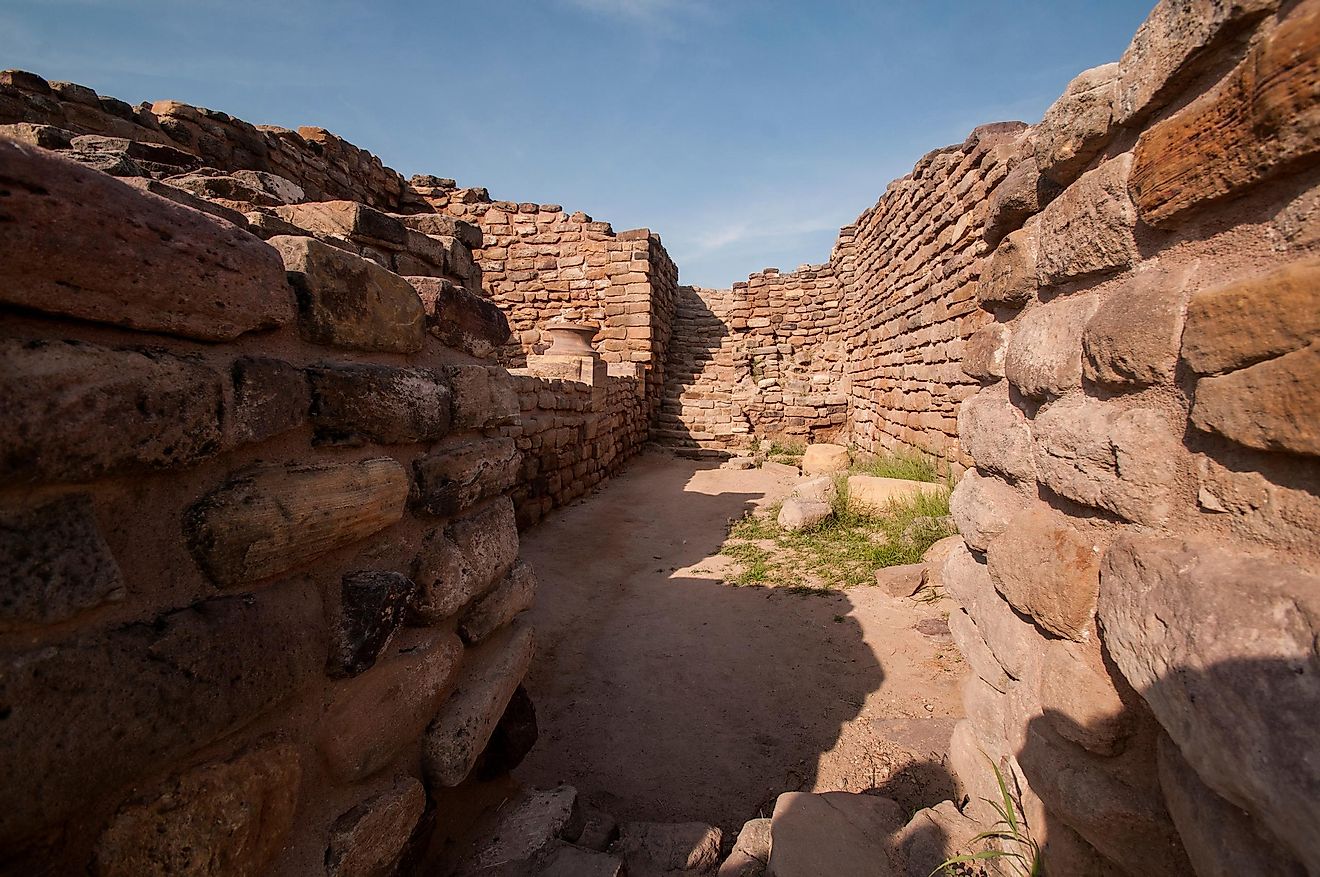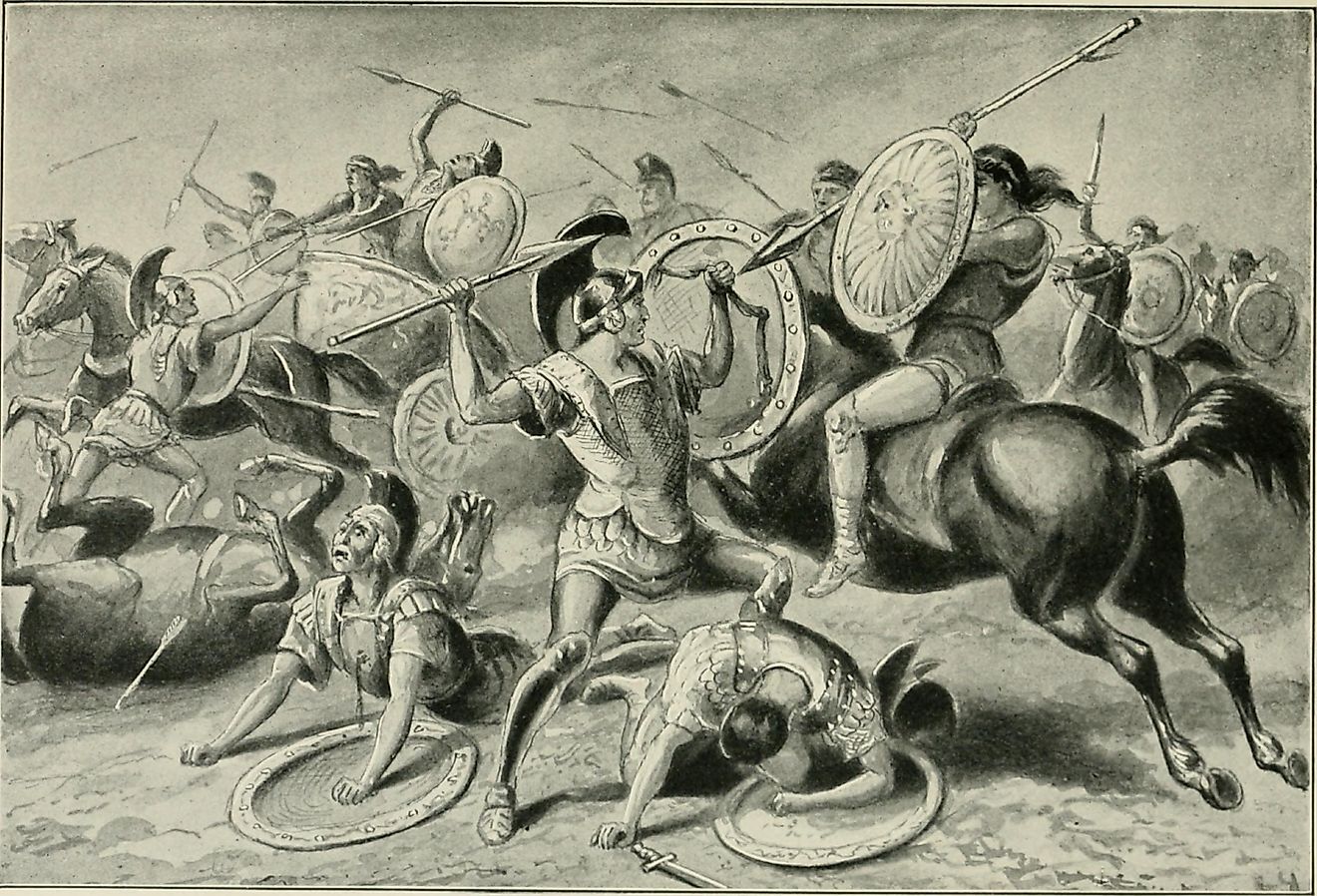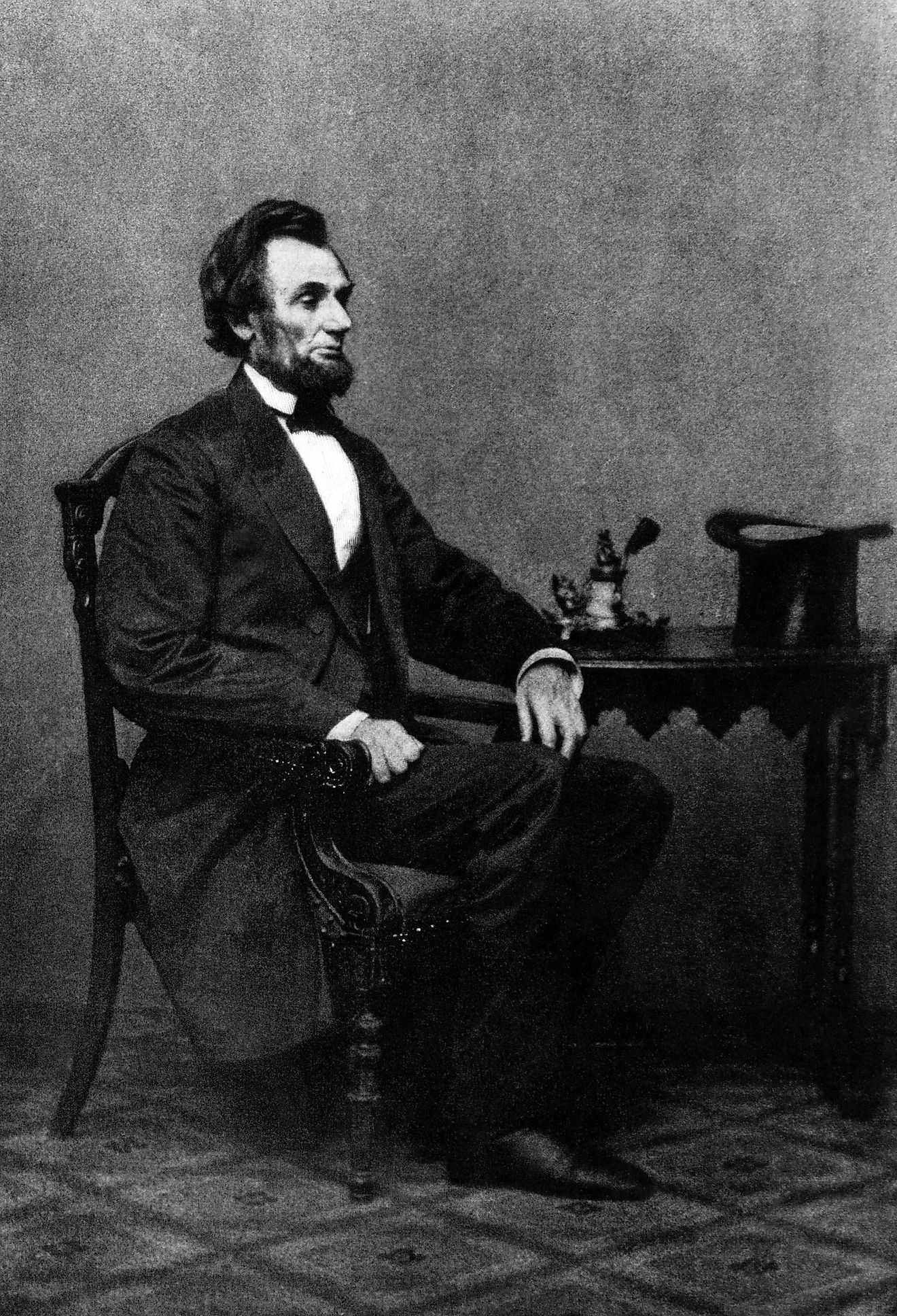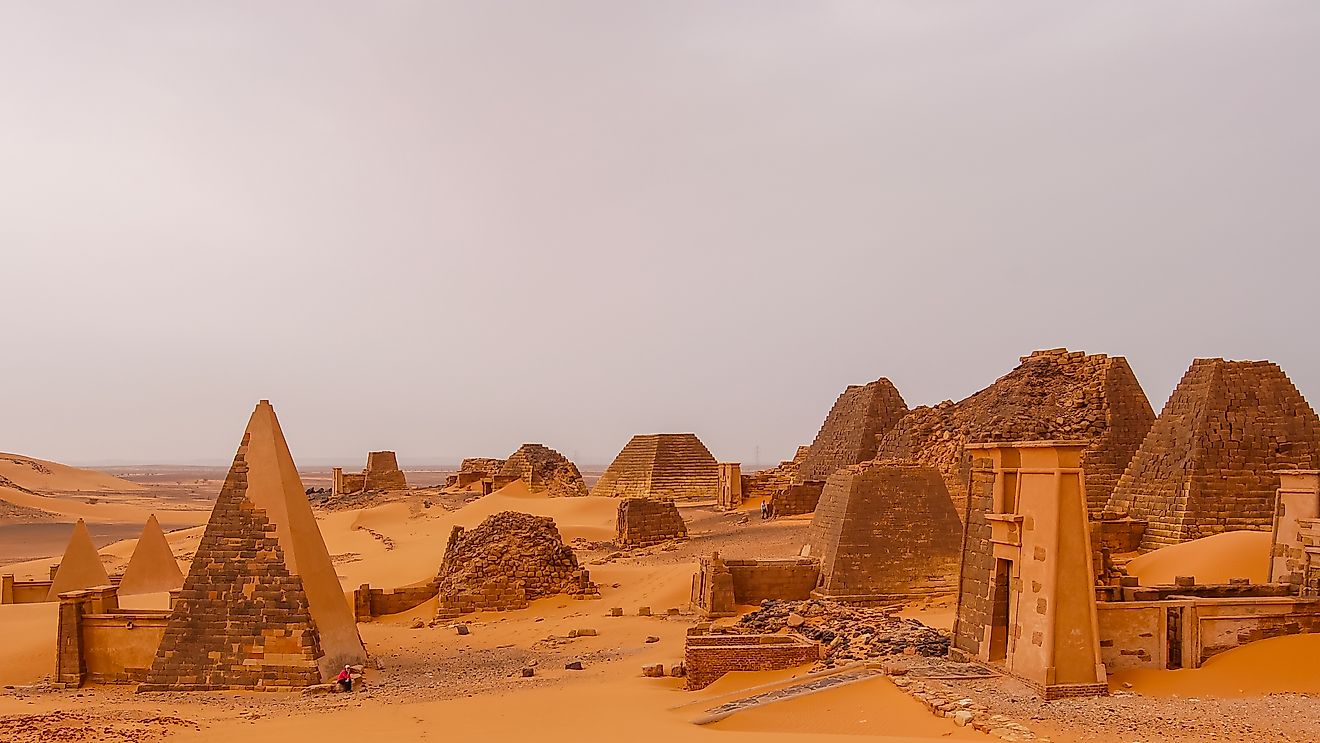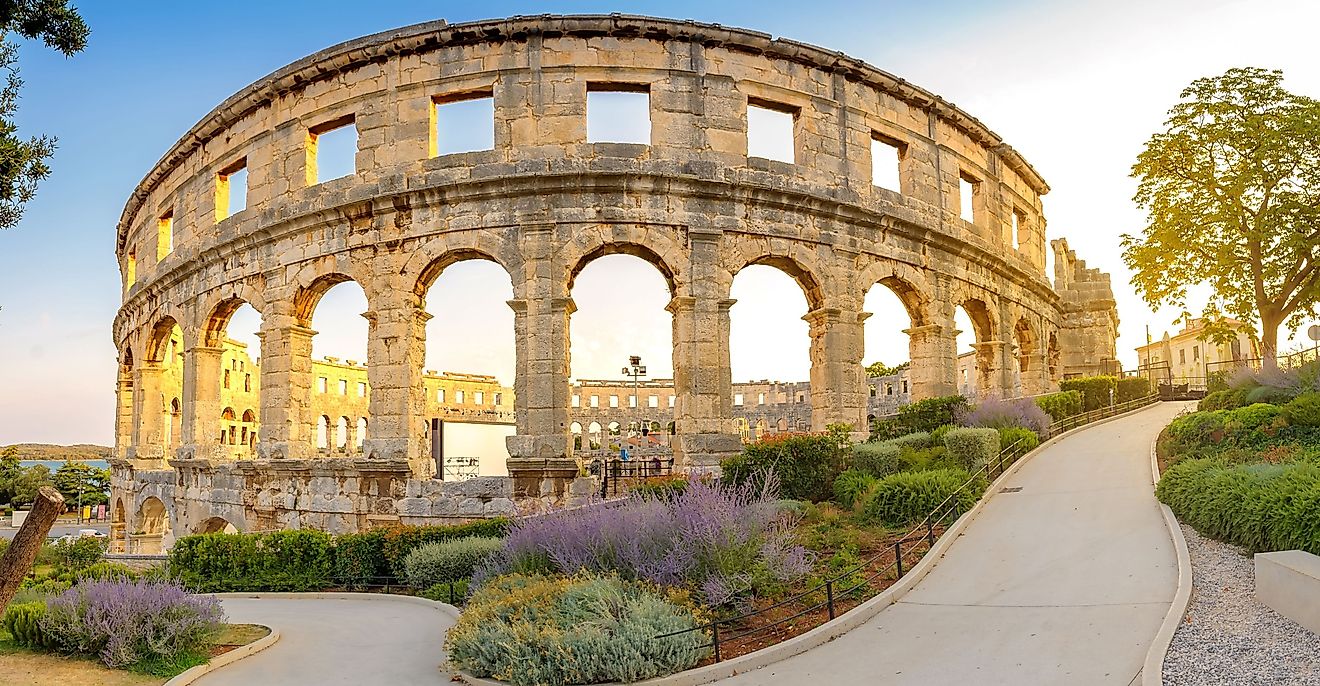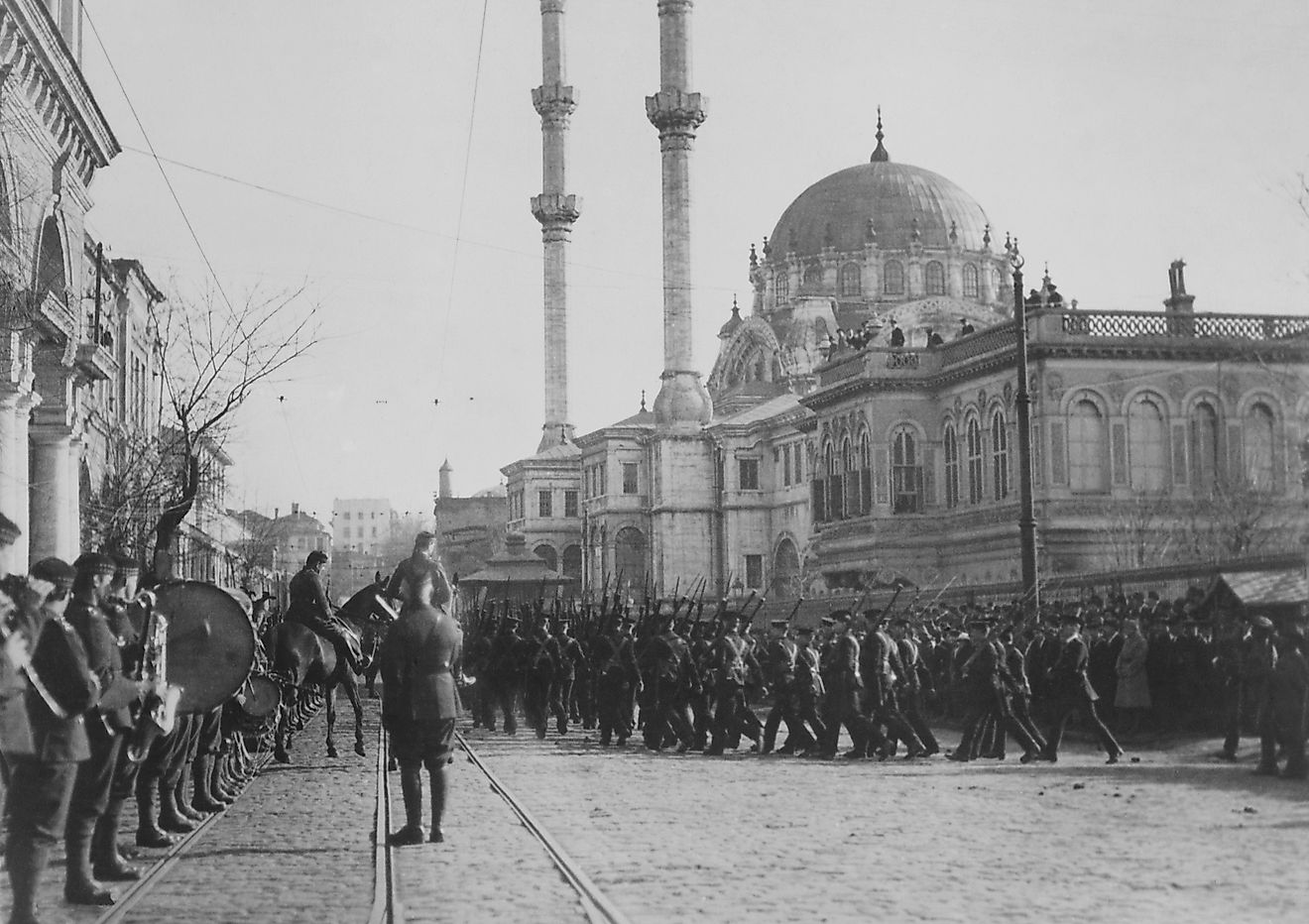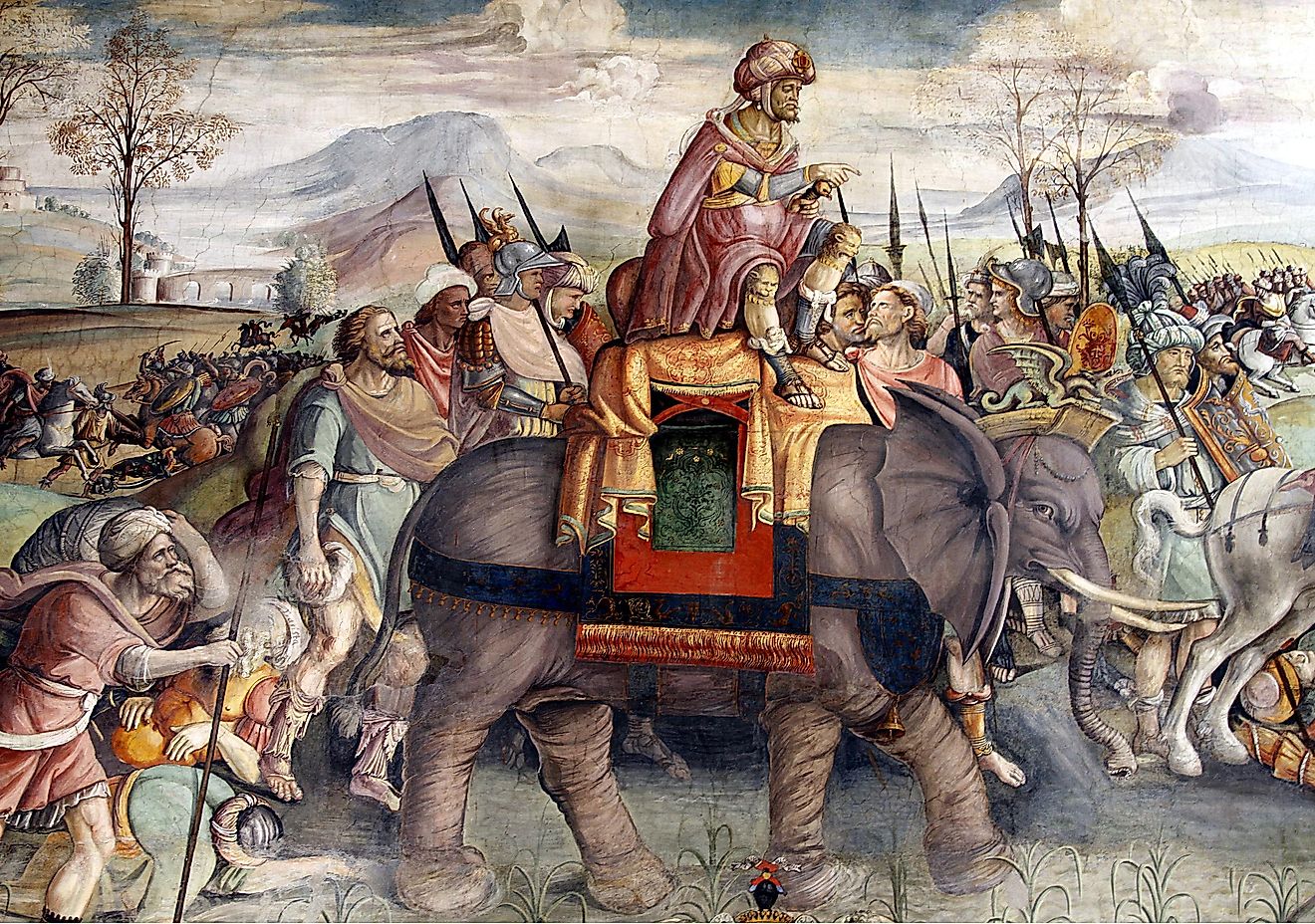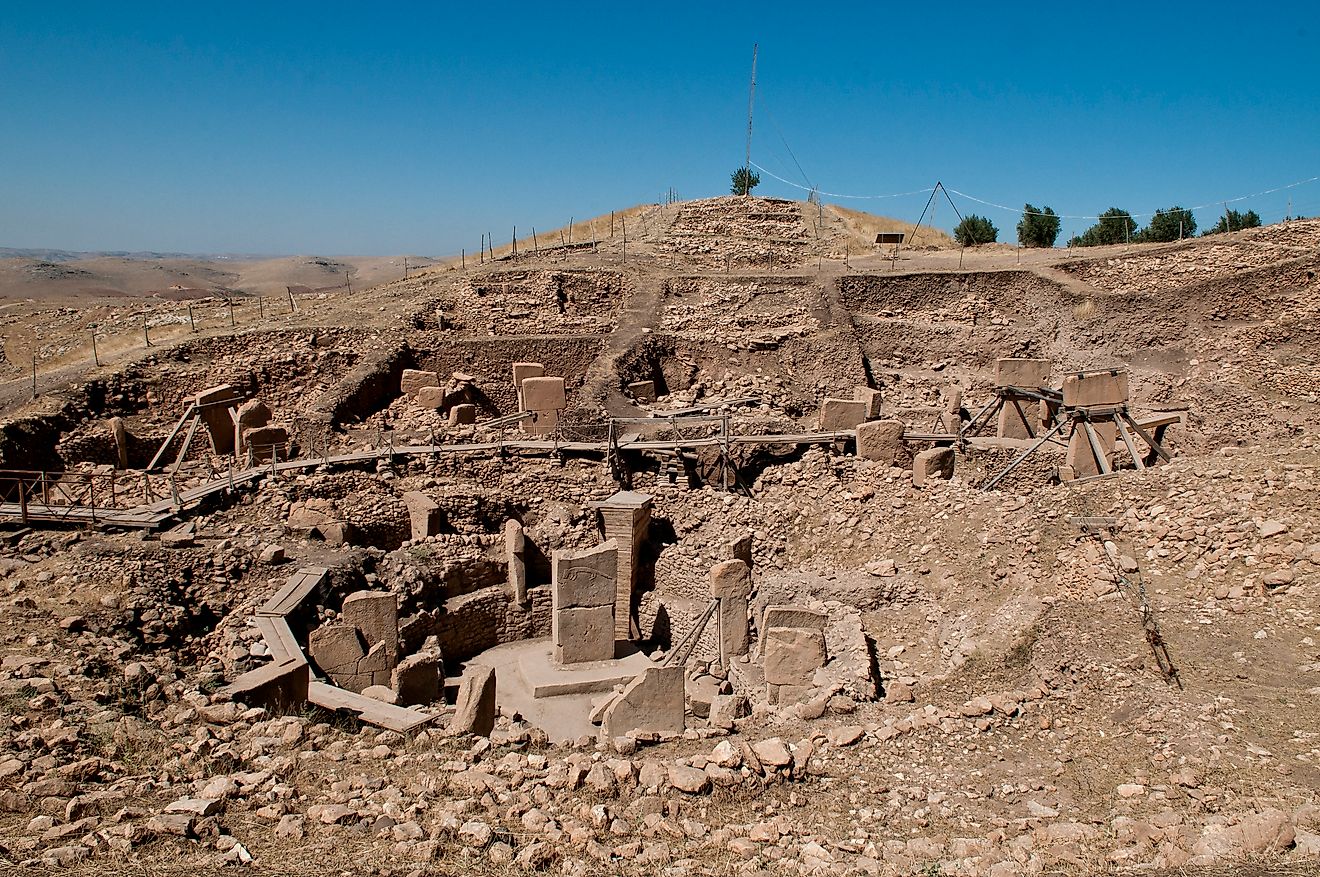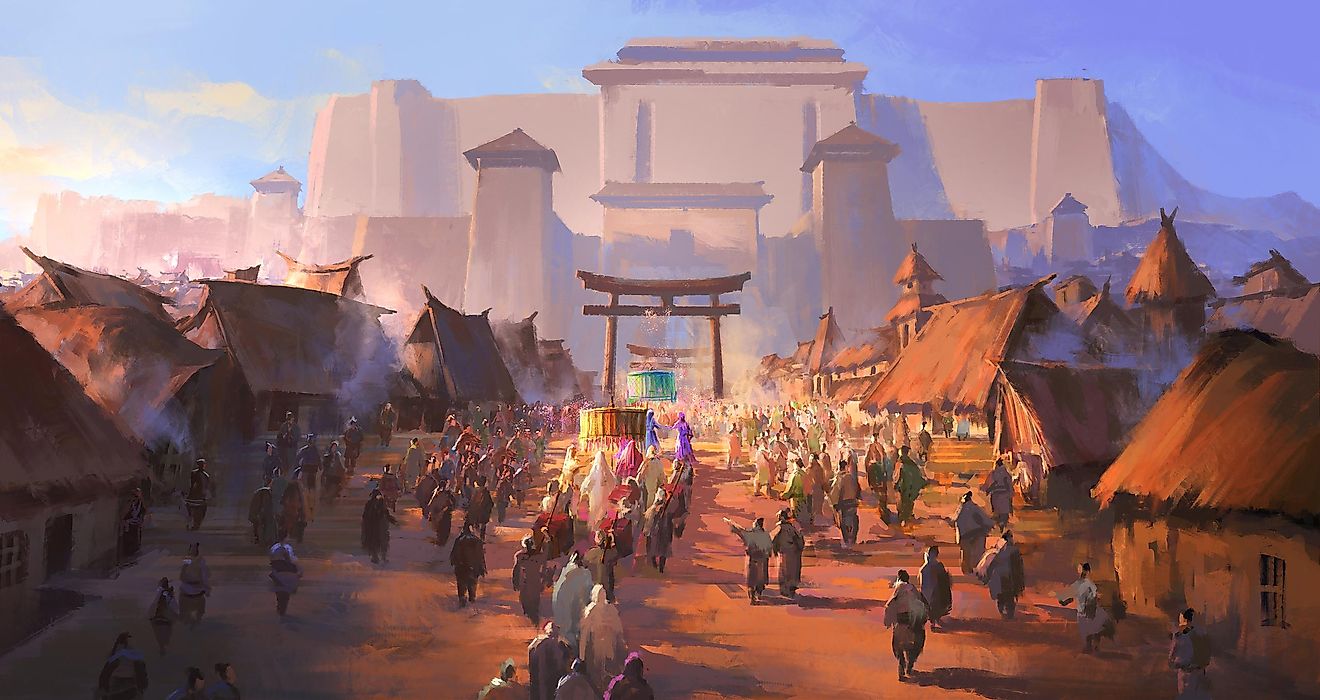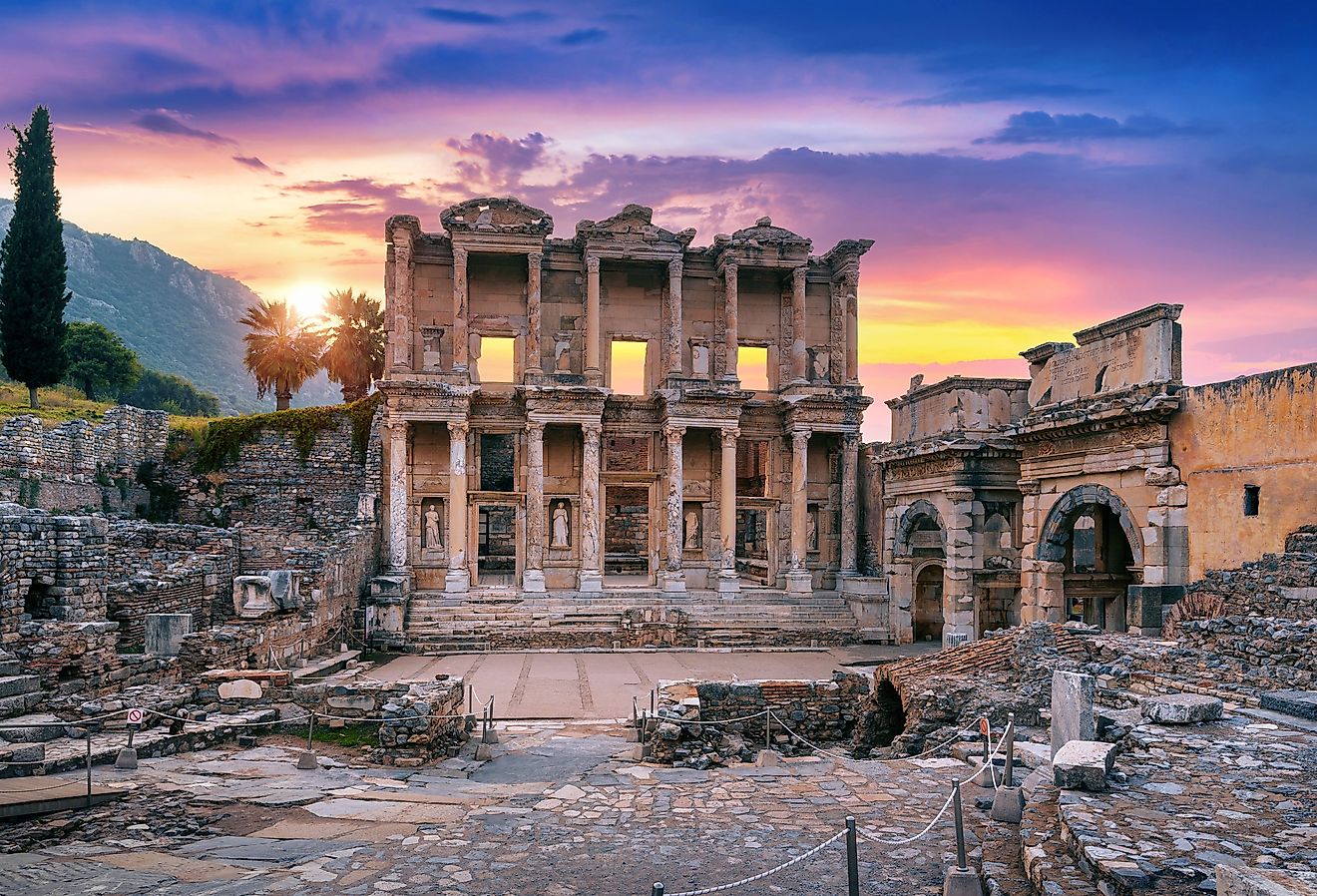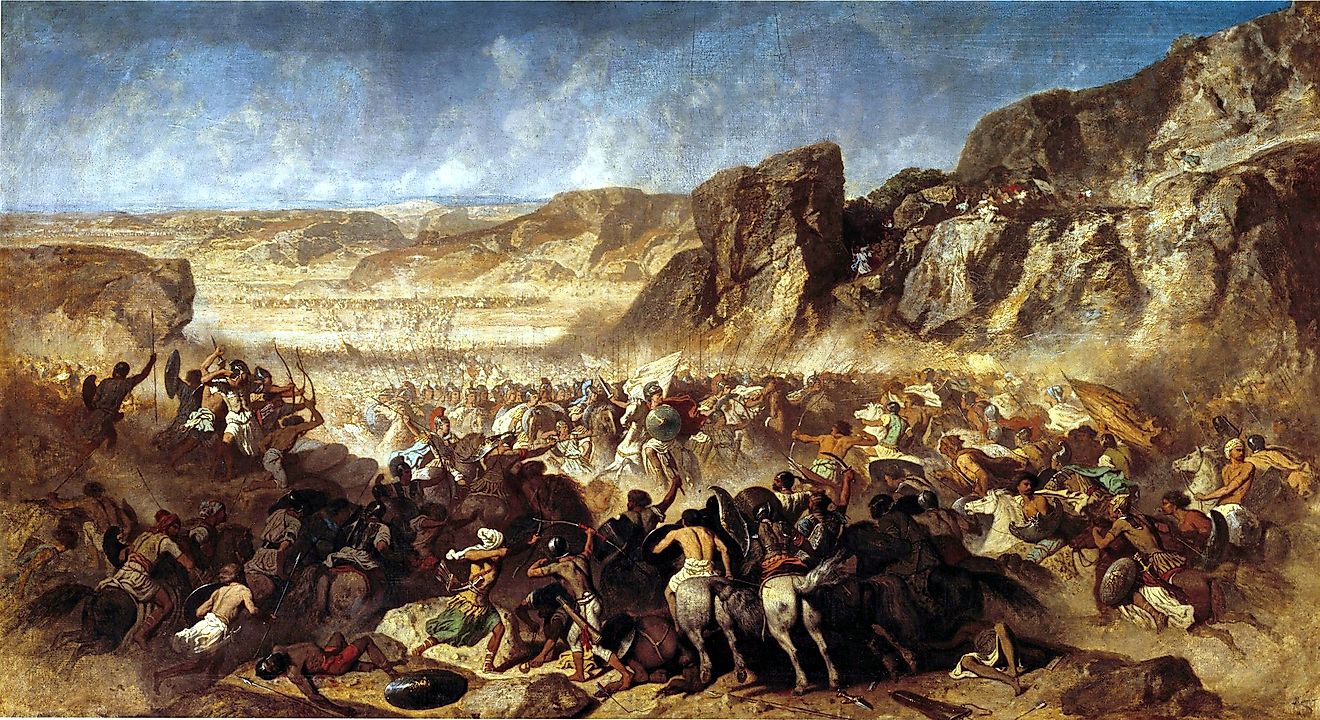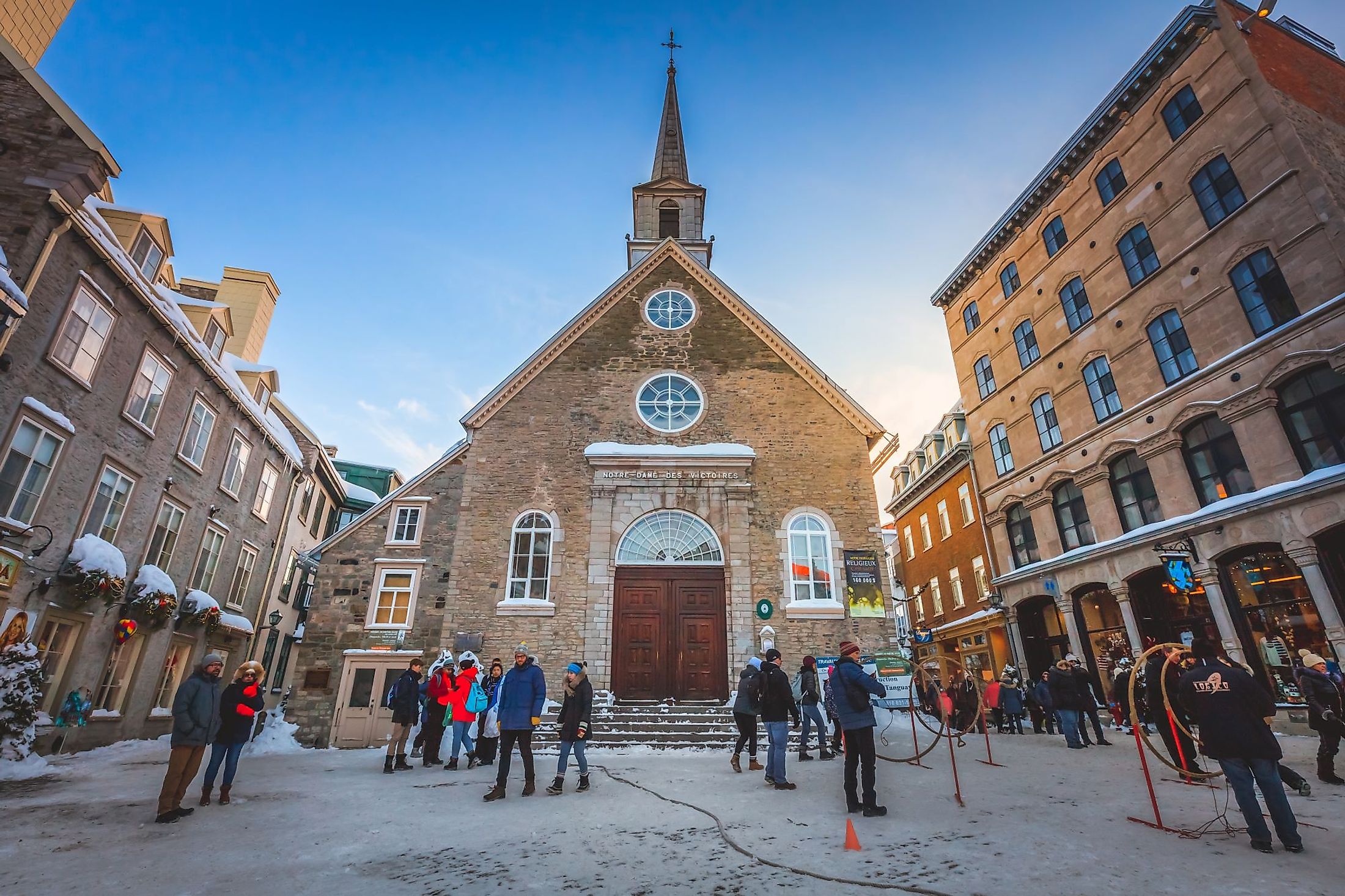
The French Colonization of the Americas
The French colonization of the Americas was a significant chapter in the region's history, shaping the cultures, languages, and economies of the colonized countries. Beginning in the 16th century and lasting for over three centuries, France established several colonies in the Americas, including in what are now Canada, the United States, the Caribbean, and South America. Through exploration, trade, and settlement, the French left a lasting impact on the region, which can still be seen today in the cultures and languages of the Americas.
Jacques Cartier: Explorer And Founder Of New France
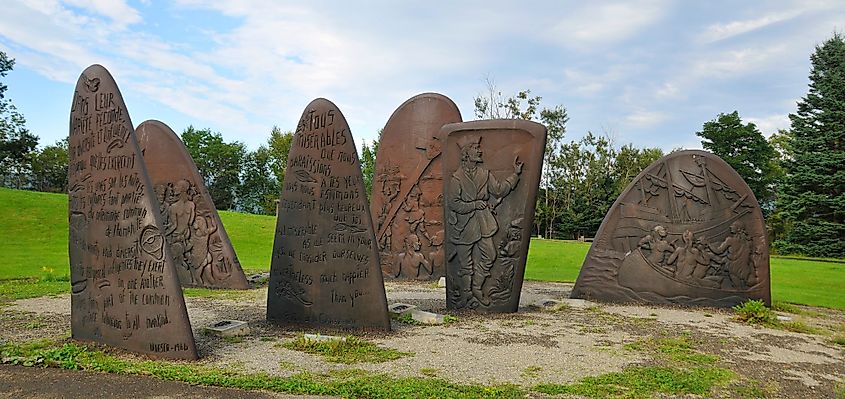
Jacques Cartier was a French explorer who discovered and claimed much of what is now eastern Canada for France in the 16th century. He is best known for his three voyages to the region, the first of which took place in 1534. Cartier's first voyage was sponsored by the King of France, Francis I, who was interested in finding a northwest passage to Asia. Cartier set sail from France in April 1534 with two ships and a crew of about 110 men. He explored the Gulf of St. Lawrence, which he named for the saint on whose feast day he first sighted land. Cartier also explored the St. Lawrence River and made contact with the region's indigenous peoples, including the Iroquois and the Huron. During his second voyage in 1535, Cartier established a settlement on the Gaspé Peninsula, which he named "Charlesbourg-Royal." However, the settlement was abandoned the following year due to conflicts with the Iroquois and the harsh winter conditions.
Cartier's third voyage took place in 1541, during which he explored the St. Lawrence River and the Great Lakes region. He returned to France in 1542 with two captured Iroquois chiefs, who were presented to King Francis as evidence of the wealth and resources of the New World. Although Cartier's settlements in Canada did not last, his voyages were significant in that they led to the further exploration and colonization of the region by the French. The Gulf of St. Lawrence and the St. Lawrence River became important trade routes for the French, and the region was eventually settled and developed into the colony of New France.
Samuel de Champlain: Founder Of Quebec And Pioneer Of New France
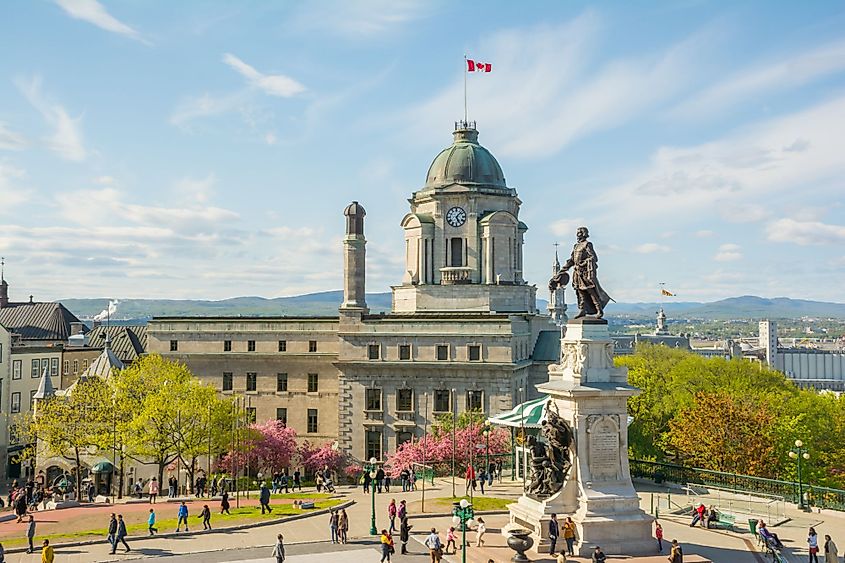
Samuel de Champlain is credited with founding the city of Quebec and establishing the French colony of New France in the early 17th century. Born in the town of Brouage in western France in 1567, Champlain began his career as a sailor and navigator at a young age. In 1603, he joined an expedition to the New World as a geographer and cartographer, and he spent the next several years exploring and mapping the coasts of North America and the Caribbean.
In 1608, Champlain founded the settlement of Quebec on the St. Lawrence River, which would become the capital of New France. He established a trading post there and made alliances with local indigenous people, including the Huron and Algonquin, who helped him establish trade with other tribes in the region. Throughout his career, Champlain worked to establish peaceful relations between the French and indigenous people, and he was known for his efforts to convert the indigenous people to Catholicism. As one of the founders of New France, he is remembered for his contributions to the exploration and colonization of the region.
René-Robert Cavelier: Exploring And Colonizing The Mississippi River Valley
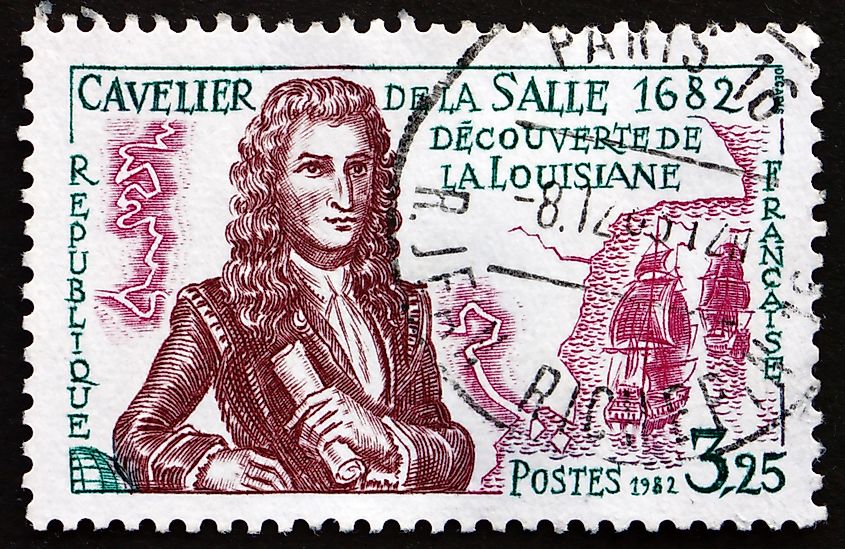
René-Robert Cavelier was a French explorer and colonizer who played a significant role in the establishment of French colonies in the present-day United States. In 1682, he claimed the Mississippi River Valley for France, naming it "La Louisiane" in honor of King Louis XIV. He also established a number of settlements along the Mississippi River, including Fort Prudhomme, which was founded in 1682, and Fort St. Louis, which was founded in 1683.
Cavelier's exploration of the Mississippi River was part of a more significant effort by the French to establish a foothold in the region and to compete with the British and Spanish for control of the lucrative fur trade. In addition to establishing settlements along the Mississippi River, he also explored other parts of the present-day United States, including the Great Lakes region and the Gulf Coast. He is credited with discovering the mouth of the Mississippi River and establishing the first European settlement in Texas. Cavelier's expeditions and settlements laid the groundwork for the later expansion of the French colonial empire in the United States.
The French Colonies Of The Caribbean: Sugar, Slavery, and Trade
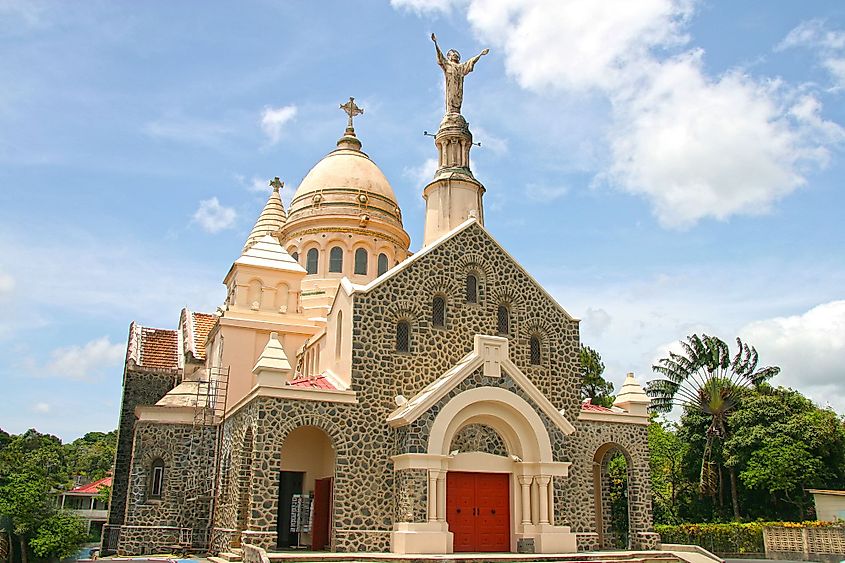
The French colonies in the Caribbean, including Haiti, Martinique, and Guadeloupe, were established to meet the high demand for sugar in Europe during the 17th and 18th centuries. To work the sugar plantations, the French brought African slaves, whose labor was crucial to the French colonial authorities' lucrative slave trade. However, the harsh conditions and the trauma of the Middle Passage took a devastating toll on the enslaved Africans, with a high mortality rate. In addition to sugar, the French also cultivated coffee, tobacco, and cotton in the Caribbean and established trade with indigenous people, exchanging European goods for gold, silver, and other resources. The French colonial empire in the Caribbean was driven by a focus on trade and the exploitation of natural resources, and the French played a significant role in the transatlantic slave trade. Today, the legacy of French colonization in the Caribbean can still be seen in the cultures and economies of the islands.
In Conclusion
Despite its significant impact on the cultures and economies of the Americas, the French colonial empire was eventually overshadowed by the larger and more powerful British and Spanish empires. Nevertheless, the legacy of French colonization can still be seen in the cultures and languages of the region, as well as in the names of many places. For example, the city of Quebec, which was founded by French explorer Samuel de Champlain in the early 17th century, is named after the Algonquin word for "narrow passage," and the city has retained its French-Canadian culture and identity. Similarly, the city of New Orleans, which was founded by French explorer Jean-Baptiste Le Moyne de Bienville in 1718, is named after the Duke of Orléans and has a distinct French-Creole culture. Other examples of places with names that reflect the French colonial heritage of the region include Montreal, Acadia, and Saint-Domingue, which is now Haiti. Overall, the legacy of French colonization can still be seen in the cultures, languages, and place names of the Americas today.
